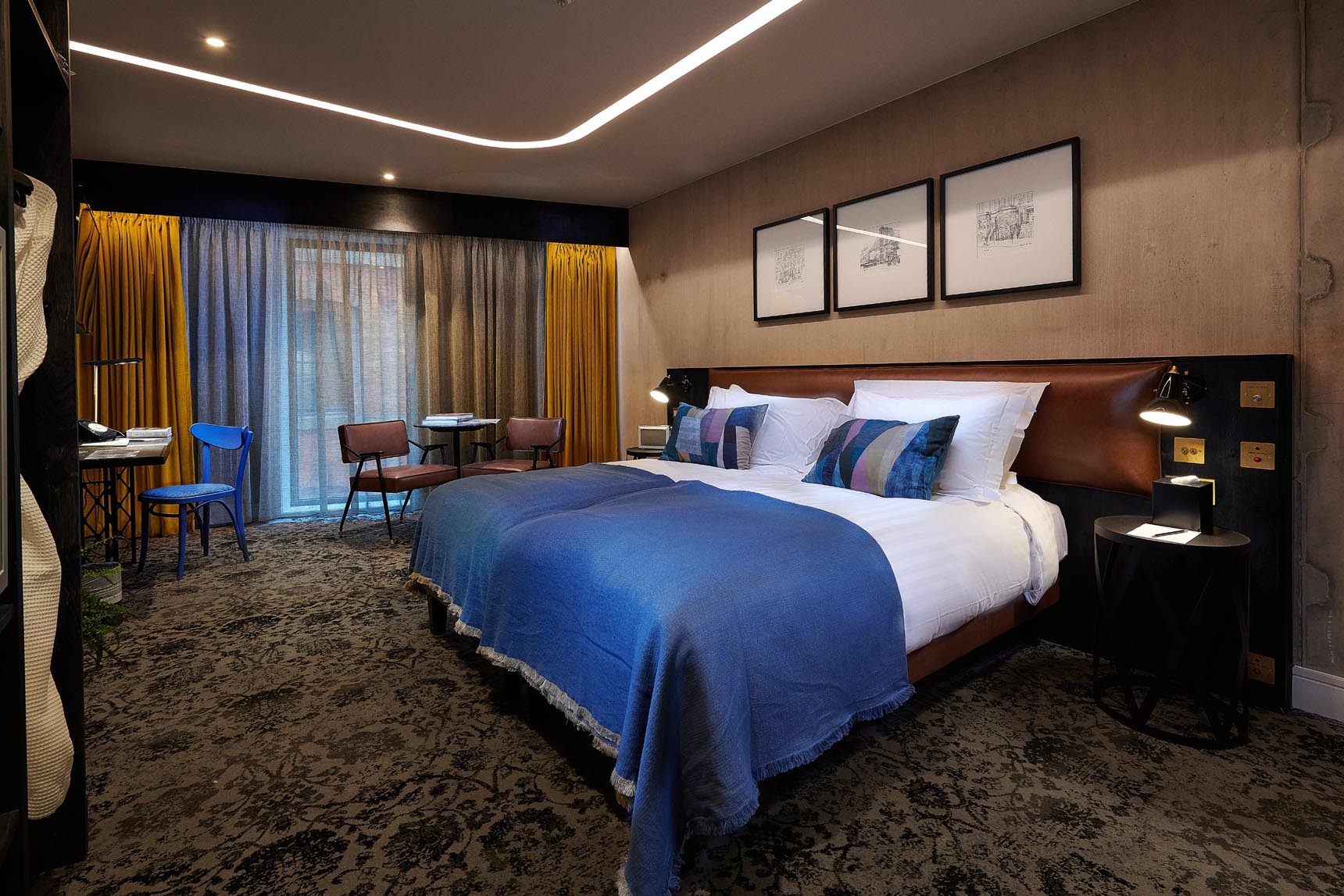What a start 2024…by dig into the now classic hotel operations debate to clean or not to clean. By the title, it should be clear where we are (especially for high-end or luxury hotels). Nevertheless, given the ubiquitous labor problems in the hotel industry – both in terms of supply and costs – this will always be a crucial issue.
Are you considering changing the standards of your brand to only offer a daily cleaning service on request or at an additional cost? This is a big question with a lot of contributing variables. This article is not intended to be a polemic against the global displacement of the industry away from daily housekeeping, but rather a “buyer’s caution”, as this will lead to a profound loss of the overall hotel experience, regardless of any recent post-times or generational change in guest expectations.

In the current climate of spasmodic and market-specific labor shortages, we have heard many arguments against everyday home economics, as well as significant discussions in favor of cleaning up a single starting base. The three strongest are:
Eliminating night cleaning or offering it only on request is the only way to cope with current working conditions, both in terms of personnel challenges and inflationary costs.
Whether due to the growing number of Generation Y+Z guests, business travelers who barely use the room or people who are still tired of the famous Spreads, hotel guests, on average, simply do not appreciate the daily cleaning or even the turndown service, with some categories such as luxury properties and luxury apartments, the hotel is a great choice for those who
To a lesser extent, Technology has now caught up, allowing the daily cleaning decision to be automated both at the level of cleaning assignments for each room and possibly updated with fluid updates of the guest slide.
Penny Wise Stupid Book?
This speech is largely taking place as a recent by-product, as many customers are still worried that a cleaning lady will leave some kind of toxic residue in their Suite, despite all the work that cleaning product suppliers have done to improve their disinfectant solutions and raise public awareness. In our opinion, Although there are still guests triggered forever by the simple thought of the last time, The worry has disappeared. It’s 2024; the world wants to travel as naked as physically possible.
As for the attempt to mitigate the increasing cost of doing business, here we see problems in a way that is stupid and stupid. Despite the work that alternative accommodation providers like Airbnb have done to change the general perception of this Service, we firmly believe that daily room cleaning is a key differentiator from traditional hotel products.
Hotels are in the hospitality business, and yet it is increasingly the accountants who run the show and use measures that may not fully take into account the range of emotions of each client when he passes through the places from check-in to check-out. Although we respect the attraction of reducing costs by eliminating the most expensive and laborious department, it is the very foundation of our company that is being questioned.

Think carefully about this question: What distinguishes a rental room from a hotel room? Although the answer may differ for brands in the selected Service and economy spectrum, we believe that once we abandoned housekeeping, we threw in the proverbial towel (pun intended).
In the long run, if you do away with housekeeping, what is your brand promise? For example, if a medium-sized brand stops offering daily maid service, what other basic services should you provide in addition to points to retain customers?
The eyes and ears of the hotel
Remember our words: Housekeeping is essential to our industry. First, room mates are an important point of contact with the client. These are our eyes and ears on the floors of the rooms. By coming to each room every day, you protect our assets and also help us protect the customer. Good housekeepers recognize maintenance problems when they are minor – for example, a leaky faucet – and call an engineer before the problem becomes more serious (perhaps to the point where the room must be taken out of service, which affects income).
By their visibility alone, it is almost impossible for a guest to commit a crime that would harm the property, himself or other guests. And indeed, there are very significant and inexpressible examples of this. In this sense, we also wonder if there is a fiduciary responsibility of the innkeeper to protect the well-being of his customers through regular checks. Since we are not legitimate experts, we will put this one aside.
Secondly, there are now several brands that encourage customers to give up housekeeping in order to earn more loyalty points in return. In an apple-to-apple comparison, this seems good; it encourages a better use of the equipment on site in the way desired by the customer. But we ask: who ends up paying for these points? If you take into account all the side effects and hidden costs, the burden falls on individual ownership.
The hidden costs of giving up daily cleanings
Sometimes the cost is not intuitive. One might think that sunset cleanings are an excellent universal saving for mid-range and Premium category hotels. But often (and as we have verified firsthand with the Ops teams when carrying out a real estate evaluation for a client), the lack of daily alterations to the room leads to significant cost overruns and time constraints for the departure cleaning.
These overruns, measured in extra minutes per room, may mean that not all rooms can be returned in time for resale on the same day. The end result is that you cannot maximize the occupancy on certain days of the week.
This change of events touches on the heart of the profitability problem. Big brands can shoot themselves in the leg with their conscientious cost-cutting projects. On paper, they save on salaries, but a deeper analysis could show that the benefits for the overall optimization of income outweigh the increase in salary costs and that the turnover of housekeepers is reduced by improving job security through more hours per week.

In the end, and this is always our opinion, the death of daily housekeeping will mean the death of brand differentiation. In this case, you can also convert any medium-sized property into a selected Service, and then simply ask an Al engine to select nightly prices based on demand indicators, with only a skeleton team on site and regional management optimizing GOPPAR.
A hotel world without housekeeping is not the industry that hoteliers have entered, at least not in the traditional sense of the word. Even if times change, we still have to decide which are the immutable parts of the hotel experience. Review our arguments and prove to us that daily cleaning is one of these parts.




